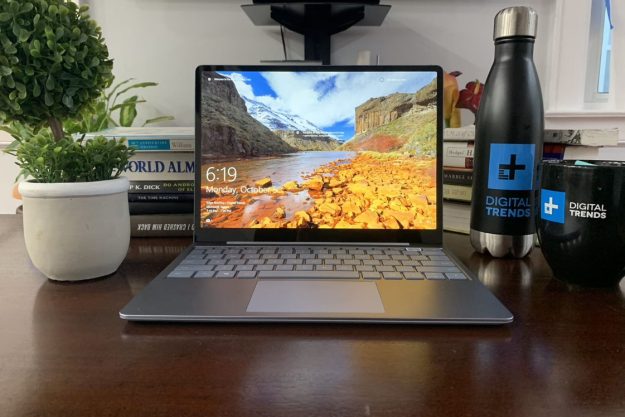
Package flights, detailed in a post on the Microsoft Dev Center last week, are a method of pushing an update to a specified list of users while keeping all outward-facing content pertaining to the app consistent. In effect, it’s a method for allowing certain users to get a sneak preview, which in turn gives the app’s developer important feedback.
Developers can set up ‘flights’ by adding anywhere from one to 10,000 user email addresses on the overview page for their submitted app. This group will then receive a separate package to the bulk of users, making for a quick and easy way to test out new features or tweaks.
All in all, it’s a very similar set-up to the Windows Insider program that Microsoft has been running since 2014, as noted in a report from Liliputing. In that case, various public and non-public ‘rings’ operating at various speeds are available, with the faster options delivering updates earlier.
Since developers can choose to have several different package flights active at the same time, they can effectively construct their own system of ‘rings’ similar to that of the Insider program.
Despite the fact that package flights are only delivered to a certain portion of users who opt in, they still need to undergo the same certification process as wide releases. Users can now opt in to flight groups, so long as they’re running Windows 10 Desktop build 10586 or later, or Windows 10 Mobile build 10586.63 or later.
Editors' Recommendations
- Scores of people are downgrading back to Windows 10
- Microsoft finally kills this legacy Windows app — for good this time
- The next big Windows 11 update has a new hardware requirement
- The most common Windows 11 problems and how to fix them
- Windows 11 tips and tricks: 8 hidden settings you need to try


